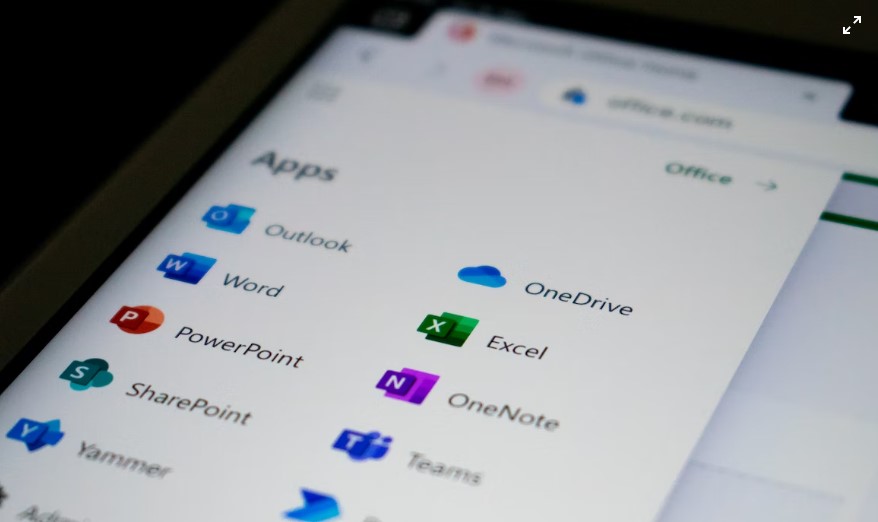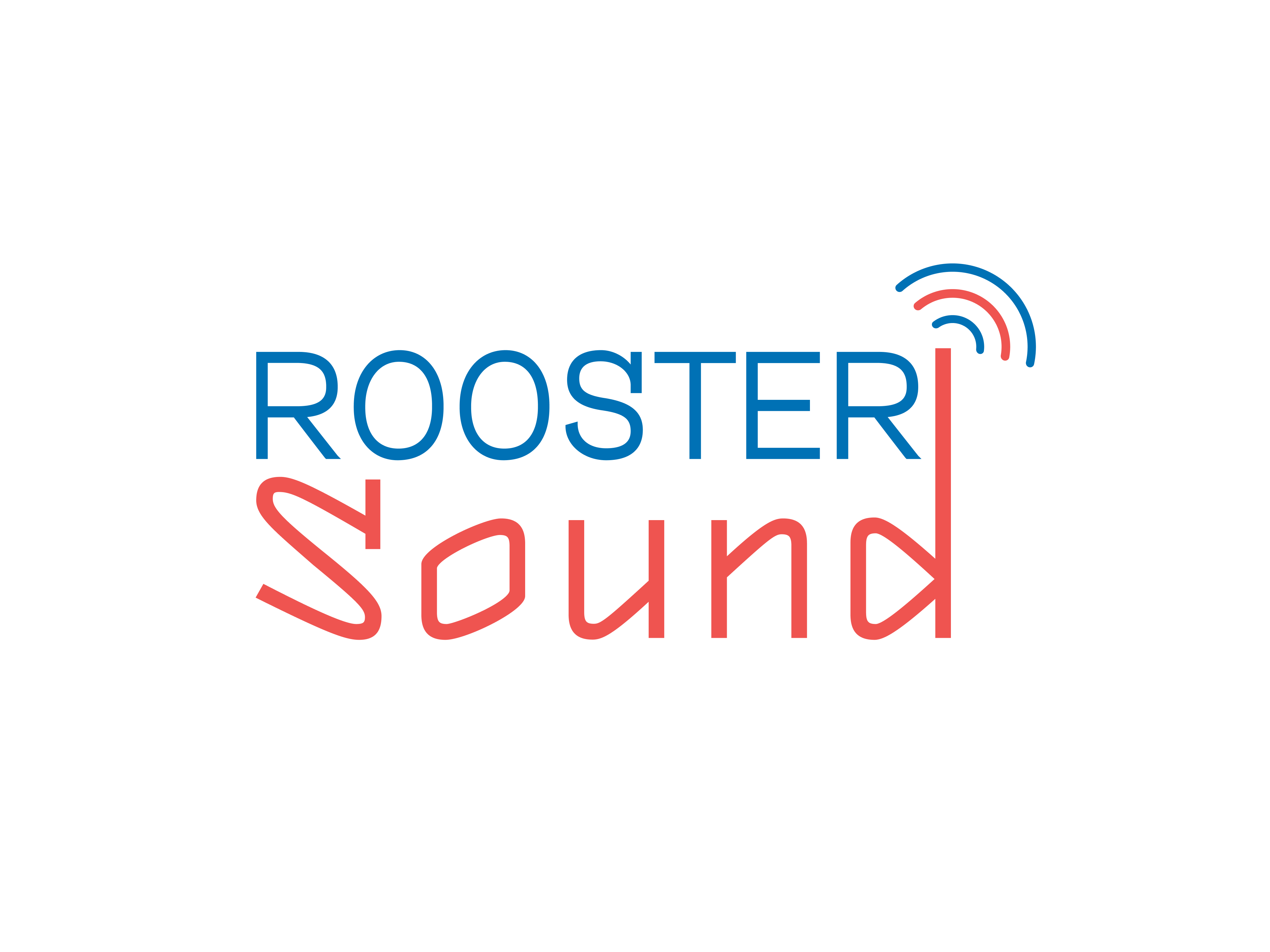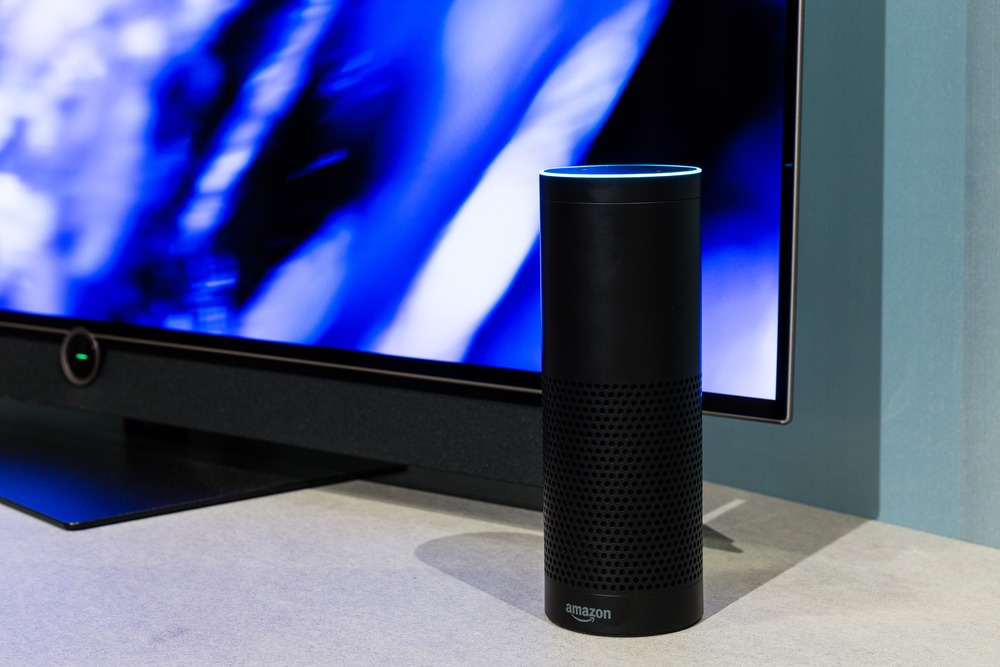7 Cloud Storage Devices for Securing Your Data
7 Cloud Storage Devices for Securing Your Data

It’s 2022, and storing files on the local computer has almost become extinct. Thanks to cloud storage devices, people can store a plethora of their data online and access it from anywhere, anytime.
There are many different cloud storage providers available in the market. Each of them provides different features, security, and of course…the price.
Today’s article will explore 7 cloud storage devices for storing and securing your data online.
1. IDrive Cloud Storage
IDrive is an ideal cloud storage device for securing your data. It backs up your data from a server and makes it available across your network of devices. Employees can access files and share them with other team members using any device. HIPAA-compliant security ensures that your sensitive data remains secure.
While IDrive has gotten a lot of positive reviews over the years, its features may not be enough to keep you safe. In a competitive cloud storage industry, IDrive may be falling behind.
IDrive uses a private encryption key controlled by the company. This key encrypts data before it leaves the device. Thus, it would help if you store this key. This encryption key is a unique code that you must enter to encrypt data. So, make sure you keep this secret in a safe place.
Moving on to the second cloud storage, which is:
2. Google Drive Cloud Storage
This one is the most popular choice of cloud storage amongst the netizens.
Whether you use a Google Drive cloud storage device for personal or business use, securing your data is crucial. As with any cloud service, there are many ways that hackers can access your data. Some methods are more effective than others, and in some cases, security can even be entirely out of your control.

The cloud service’s encryption is strong enough to prevent such attacks. For example, it uses a 248-bit SSL/TLS key to protect file transfers. And to protect your data while it is stored in the cloud, it uses 128-bit AES encryption.
Up next, we have:
3. Backblaze Cloud Storage
The Backblaze cloud storage device is a great way to protect your data. Backblaze will encrypt all your data before sending it to the company’s cloud servers. While this can be a great idea, it’s also essential to ensure that your data is safe by only backing up user folders and rarely used files.
Then, once a backup has been completed, you can select files to restore.
Backblaze is available on both Mac and P.C. platforms, and you can set up a free trial to see how effective it is.
The service works with both Mac and Windows and Android and iOS devices. After installing the software on your P.C. or Mac, you can scan your hard drive and calculate the total size of the backup.
Managing your files is also a breeze with Backblaze. Even if you have thousands of files, Backblaze can handle them all. Unlike many other backup services, Backblaze offers unlimited storage.
Backblaze backups can take a few hours or even weeks, depending on their size. And because the backups are automated, you can store your data.
Moving forward, we will now discuss:
4. Sync Cloud Storage
The Sync cloud storage device features a simple yet elegant interface with a clean and minimalist design. Its features are ideal for beginners and those who want to store data on cloud storage services.
There are tabs, a history of actions, and the ability to add and remove users. It is also free for users, which is a great bonus. Here are some other advantages of Sync cloud storage devices.
The Sync app is safe and offers many features, including GDPR compliance for the E.U., USA, and Canada. The file-versioning feature allows users to undo changes to files and recover previously saved versions.
Sync uses industry-standard AES 256-bit encryption to secure your data. They also support two-factor authentication (2FA), including a secure email address and an authenticator app.
You can also opt for email-based password recovery. However, there are a few drawbacks to using Sync cloud storage. Sync doesn’t offer a lifetime plan, and its Linux support is not the greatest.
The 5th cloud storage on our today’s list is:
5. Icedrive Cloud Storage
Choosing an Icedrive cloud storage device to secure your data security is a great idea, especially if you’re concerned about privacy. Because the company never has a copy of your encryption passphrase, your data is safe from prying eyes.
Moreover, the service lets you share files and folders by emailing a link to anyone, whether a general email address or a personal one. Using Icedrive is convenient and straightforward, and it’s available on a variety of devices, including iOS and Android.
The Icedrive cloud storage device is popular across many categories. It has a high download rank in the United States and Google Play. Unlike competitors, Icedrive uses client-side encryption and Zero-Knowledge, which means the provider doesn’t even know what you’ve uploaded.
Up next on the list, we have NordLocker Cloud Storage
6. Nordlocker Cloud Storage
Suppose you’re worried about the security of your files on your computer. In that case, you can use NordLocker to encrypt your files and store them on a cloud server.
NordLocker is designed to help you protect your data without the need for complicated security protocols. If you delete one of your files, you can recover it. All you have to do is select ‘Export Decrypted’ and decide if you want to remove it from your cloud storage or keep it.
You can also recover individual files from the cloud lockers if you need to. However, the recovery process will not back up your data to your hard drive.
We saved the best cloud storage device for the last. Let’s take a look at it:
7. Microsoft Onedrive Cloud Storage
There are several ways to secure your Microsoft OneDrive cloud storage device. Microsoft’s BitLocker encrypts your files on its servers, and per-file encryption protects your uploaded files.
This feature uses AES 256 encryption and is compliant with the Federal Information Processing Standard (FIPS 140-2).
Because of these benefits, users of OneDrive can rest assured their files are protected, both at rest and in transit. However, one disadvantage of OneDrive is that it does not offer zero-knowledge encryption, which means that an intruder could read or unlock your files without your permission.
Conclusion
Storing numerous files on your local computers can slow down its speed. Plus, sharing those with your network is quite a task. Each time you want to share any file, you need to access your computer and send it to the person.
But, with cloud storage, sharing and storing data is a no-brainer. You can access your files from anywhere in the world. Moreover, you can share the file with plenty of people. And even work together with your team on the same file simultaneously.
Which of the above cloud storage devices do you think is the best? Let us know in the comments below.
Related Article:- Key Benefits of Cloud Computing







